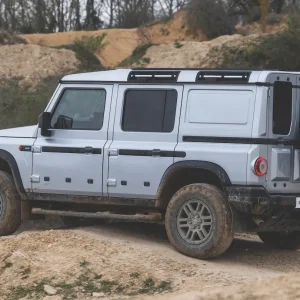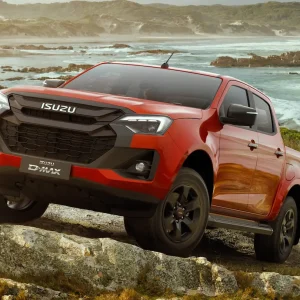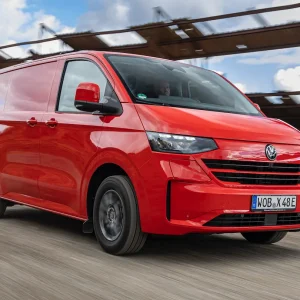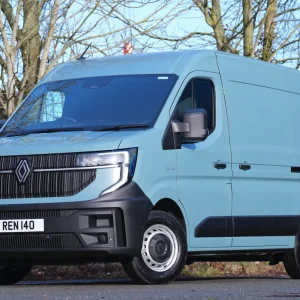There’s a lot to be gained from making an entrance right on cue, and Toyota would like to think it has demonstrated a fine sense of timing with the introduction of its updated 1.8-litre Corolla Commercial hybrid.
The light commercial vehicle sector is in a state of flux; while diesel remains dominant for now with fleets, SMEs and owner-drivers its days are numbered – the industry’s journey towards electrification cannot be halted. It is not though, a simple process – many operators are not in a position to switch to fully-electric LCVs due to the mileage demands of their work. Aside from inadequate range for long-haul assignments, a problem that is gradually easing as EV technology advances, the main stumbling block is a charging infrastructure that is not yet ready to cope with a full-scale switch to battery electric vans (BEVs).
This is where the Corolla Commercial comes in. It’s time as a viable solution may be limited but its time, Toyota would have us believe, is now.
The Corolla Commercial now features Toyota’s improved fifth generation full hybrid-electric technology.
It normally runs on power from its petrol engine and electric motor but crucially, it can also run on electric power alone (so long as there is sufficient charge in the hybrid battery for the driver to engage EV mode), albeit for short distances and at low speeds. When the vehicle is running on electricity a green EV icon illuminates in the instrument display and the idea is that the system enables zero-emission motoring in, for example, city centres.
Toyota stresses the best of both worlds advantages over both mild hybrids, which cannot run on electricity only, and plug-in hybrid vans, which must be charged up at an EV charge point.
The zero-emission capability is obviously beneficial environmentally and allows the Corolla Commercial to enter low-emission zones free of charge. Toyota says it also appeals to operators who cannot afford to be grounded by an EV that needs charging, emergency services, for example, or those needing to quickly get to sites where burglar alarms have gone off.
To say the Corolla Commercial is ‘car like’ to drive is to state the obvious; it is the same as the Corolla passenger car but with a bulkhead and extended load bed instead of the rear seats. Unlike most car-derived vans however, the rear seats have not been removed – they were not fitted in the first place on the production line at the Burnaston, Derbyshire plant where the Corolla Commercial is built.
Visually, the facelifted Corolla Commercial is not dramatically different to its predecessor, with changes to the bumper, headlamps and rear lights.
Handling, performance and efficiency, however, have all been sharpened up.
Harnessing maximum power of 138hp represents an increase of 14% for the Corolla Commercial compared to last year’s model and Toyota says fuel consumption has improved from 55.6 to 64.2mpg on the WLTP cycle.
The Corolla Commercial is now more engaging to drive with slicker e-CVT transmission and more responsive acceleration. Toyota puts this down to a redesigned power control unit (PCU), a more powerful but lighter and smaller battery and enhanced calibration between throttle pedal use and the drive force delivery to better match various driving scenarios like stop/start traffic and frequent changes in speed limits. The acceleration also adapts to driver input during up and downhill driving while, due to running at lower rpms, the system is now quieter at A-road and motorway speeds.
The manufacturer has also upgraded safety provisions with the introduction of the latest Toyota Safety Sense features, including new Pre-Collision System aids, an Emergency Driving Stop system and over the air updates.
With its modest load-carrying credentials the Corolla Commercial is a niche product but could be just the job for owner-drivers or SMEs needing to carry tools and lightweight equipment in a good to drive LCV that looks smart on the driveway to boot.
Toyota Corolla Commercial 1.8 Hybrid
Price (ex VAT) £24,503
Price range (ex VAT) £24,503
Insurance group 27E
Warranty 3yrs/60,000mls
Service intervals 10,000mls/1yr
Load length 1,558mm
Load width (min/max) 952/1,430mm
Load bay height 682mm
Gross payload 425kg
Load volume 1.3m3
Engine size/power 1,798cc/138hp
Combined fuel economy 64.2mpg
CO2 100g/km





